‘Trauma in Jenin’: UN officials shocked by latest Israeli atrocities
A delegation of the United Nations has expressed shock at the level of destruction left as a result of Israel’s largest operation in Jenin in two decades.
Officials from the United Nations Relief and Works Agency for Palestine Refugees in the Near East (UNRWA) visited the Jenin refugee camp on Sunday.
“The destruction I saw was shocking. Some houses were completely burned down; cars had been crushed against walls; roads were damaged. The UNRWA health center was destroyed. But more than the physical damage, I saw the trauma in the eyes of camp residents who had witnessed the violence. I heard them speak about their exhaustion and fear,” said Leni Stenseth, the UNRWA deputy commissioner-general.
The two-day deadly Israeli onslaught that began on July 3 was the fiercest of its kind in over 20 years, according to UNRWA, which is tasked with assisting Palestine refugees.
Twelve Palestinians, including four children, were killed and 140 were injured. Virtually 900 houses were damaged. Many are now uninhabitable. Also, at least 3,500 Palestinians were forced from homes. The UNRWA health center was so badly damaged it can no longer be used.
Some parents said children are too scared to go out.
“Children were shaken and shocked… many of them are too afraid to leave their homes. In one classroom we visited, students shared with us that just 10 days ago, they had buried a classmate who was killed in an incursion,” said Adam Bouloukos, the director of UNRWA West Bank.
“It is very hard for children to walk to school as the main roads are still unusable. When trying to find alternative ways to school, some younger children lost their way. We truly feared for their safety due to the risk of unexploded ordinance. A priority now is to provide mental and psychosocial support to help children cope with their fear and anxiety.”
Bouloukos said the refugee camp, home to nearly 24,000 people, now has no access to electricity and water. “The camp is now partially without access to electricity and water.”
“Nearly eight kilometers of water piping and three kilometers of sewage lines were destroyed due to the use of heavy machinery that ripped up large sections of the roads.”
Trump raises global tariffs to 15%, calls Supreme Court ruling ‘ridiculous’
IRGC Navy tests Sayyad-3G air defense missile in Strait of Hormuz
Iran labels EU naval, air forces as ‘terrorist’ in response to IRGC listing
ICE quietly buys warehouses for major detention expansion
Family of US citizen killed by Israeli settler demands end to impunity
VIDEO | Press TV's news headlines
VIDEO | Trump’s 'Gaza Riviera' vs. tents: Deep divide over US' 12-point plan
VIDEO | Palestine Action is back!


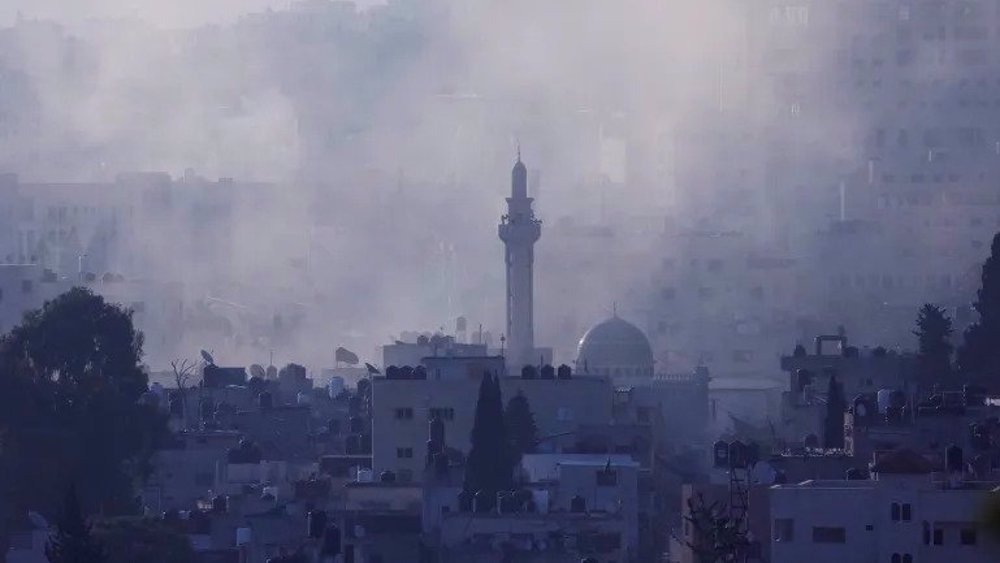
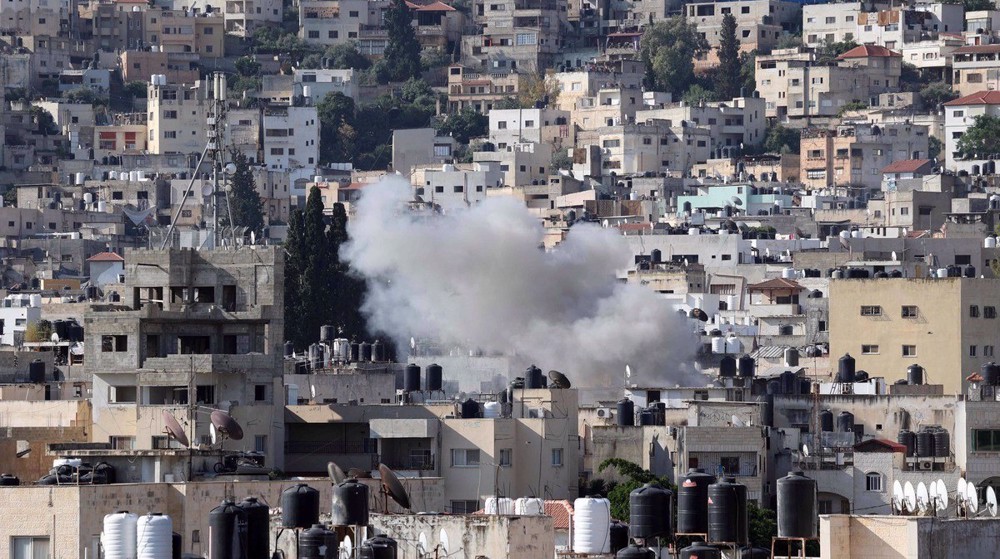
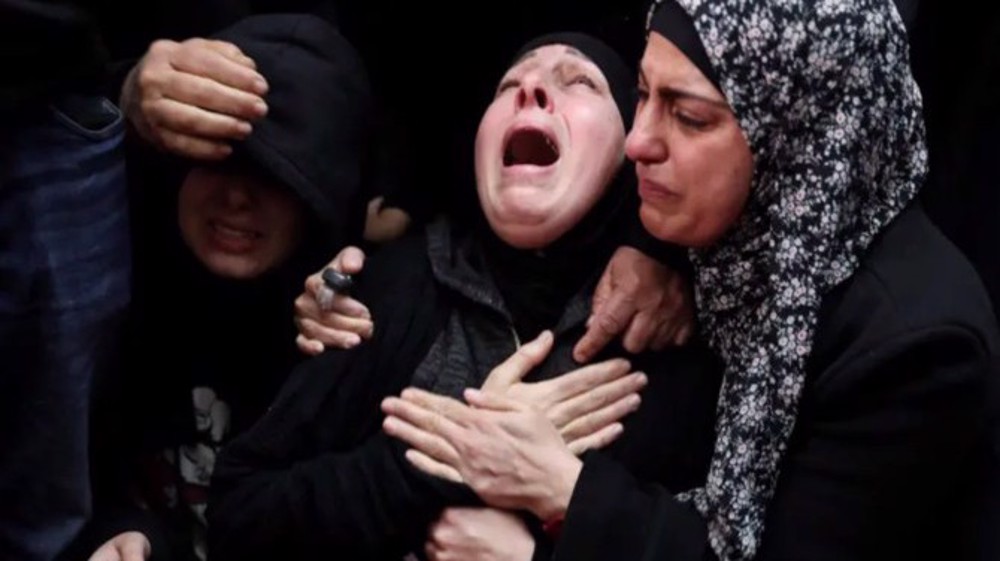
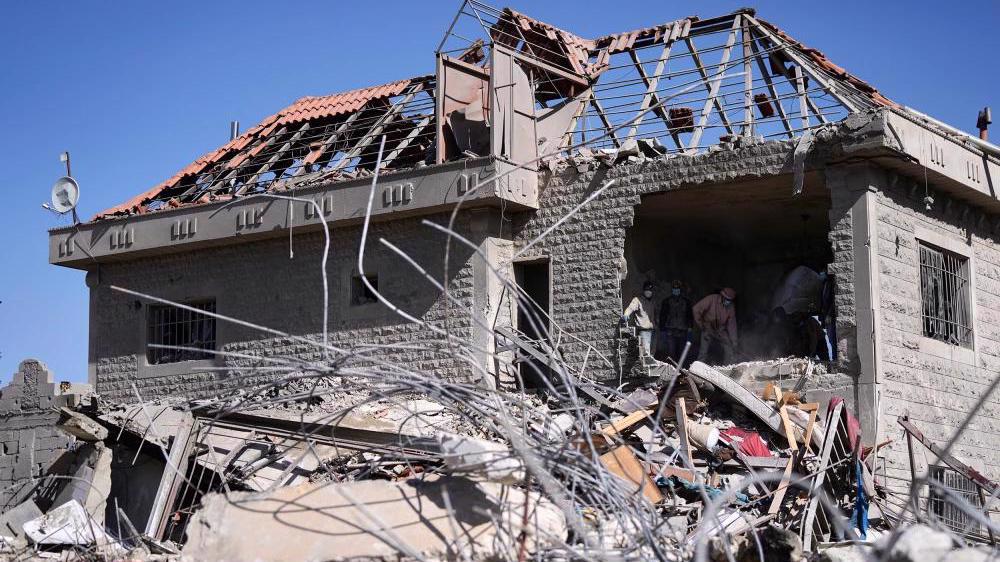
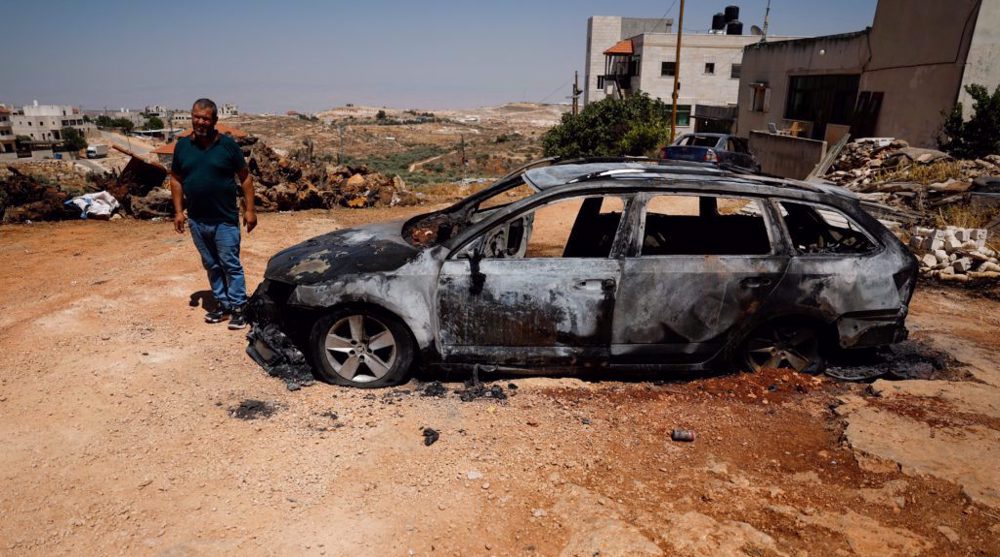



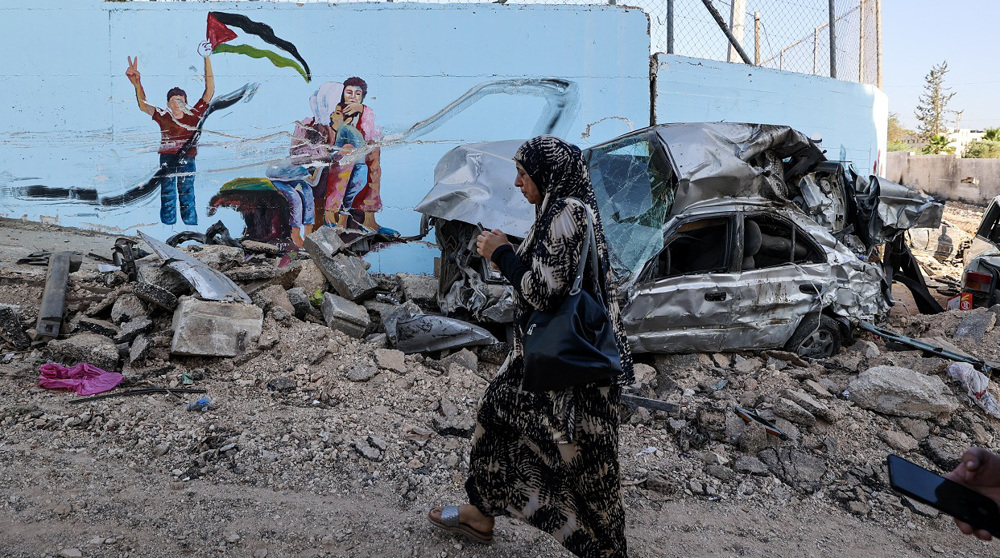
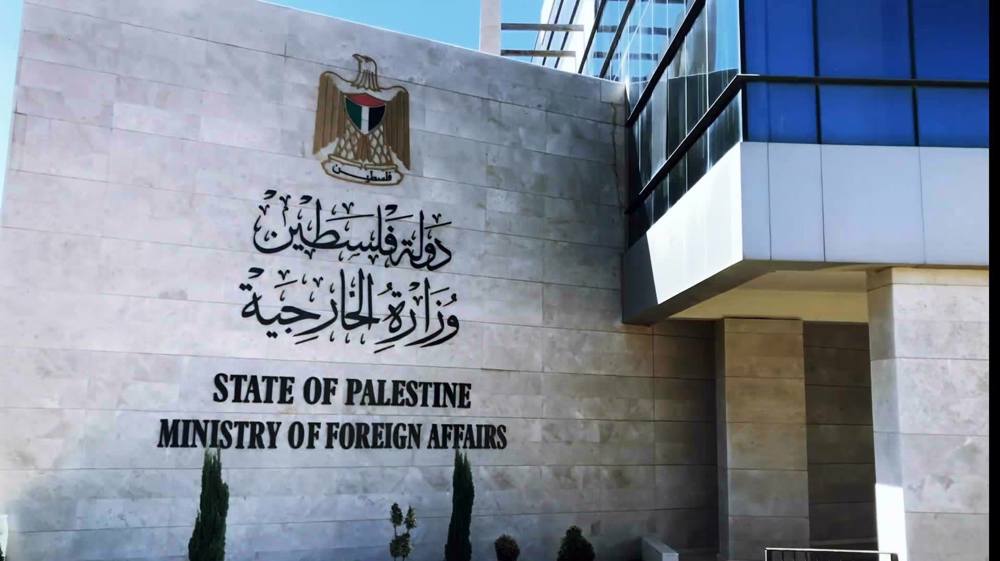
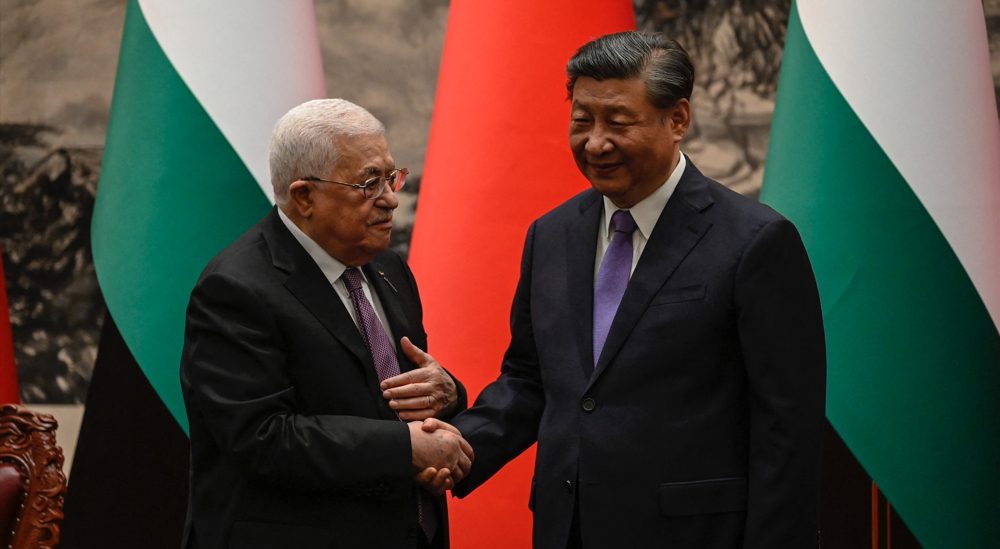
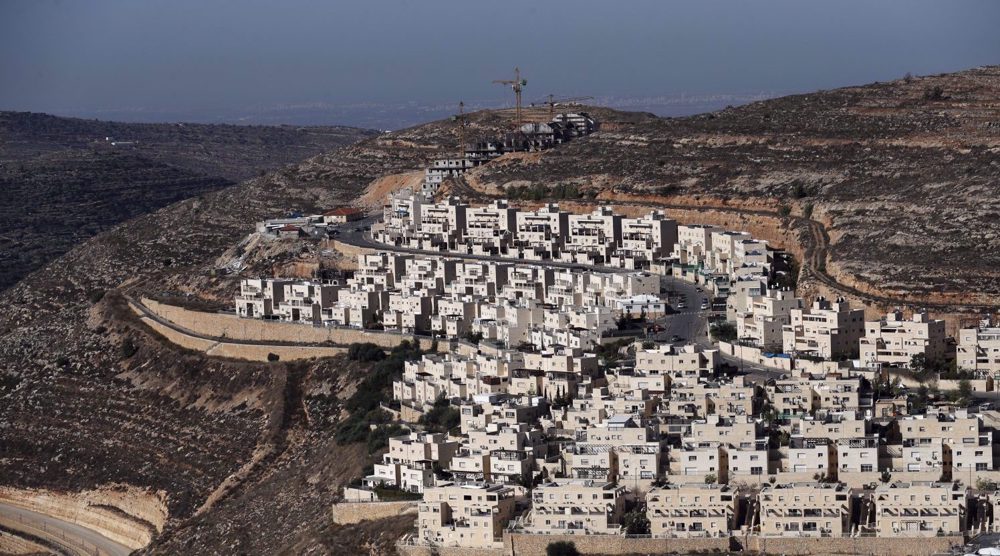
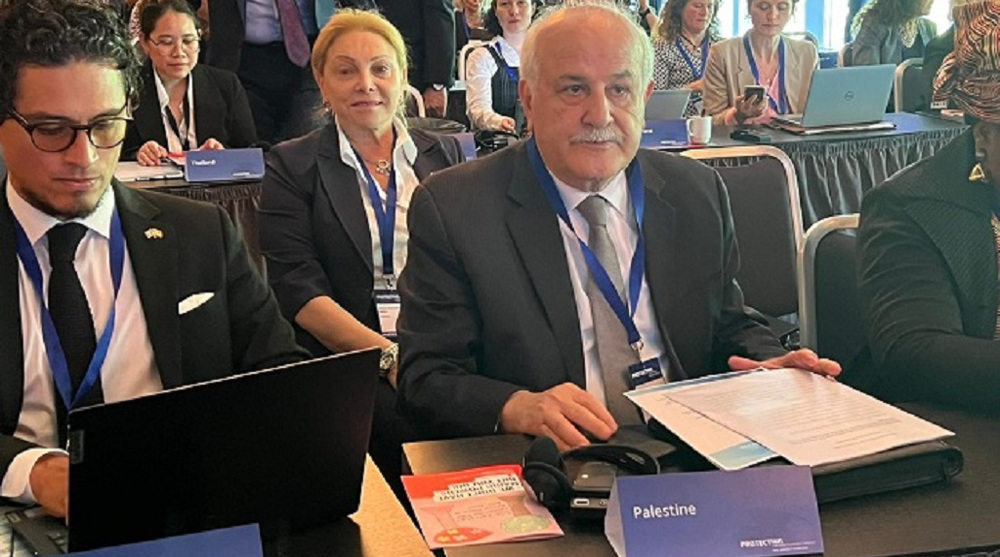
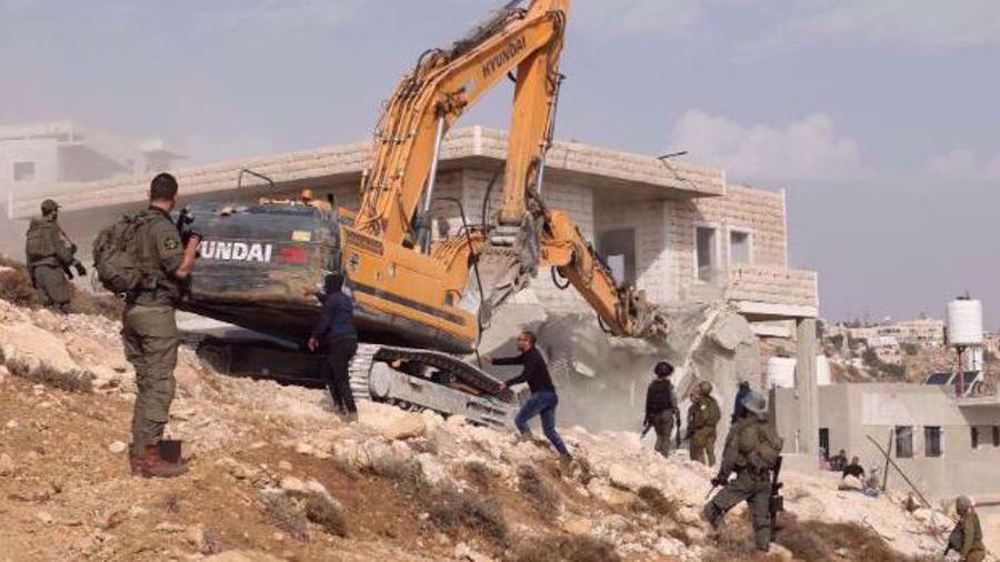
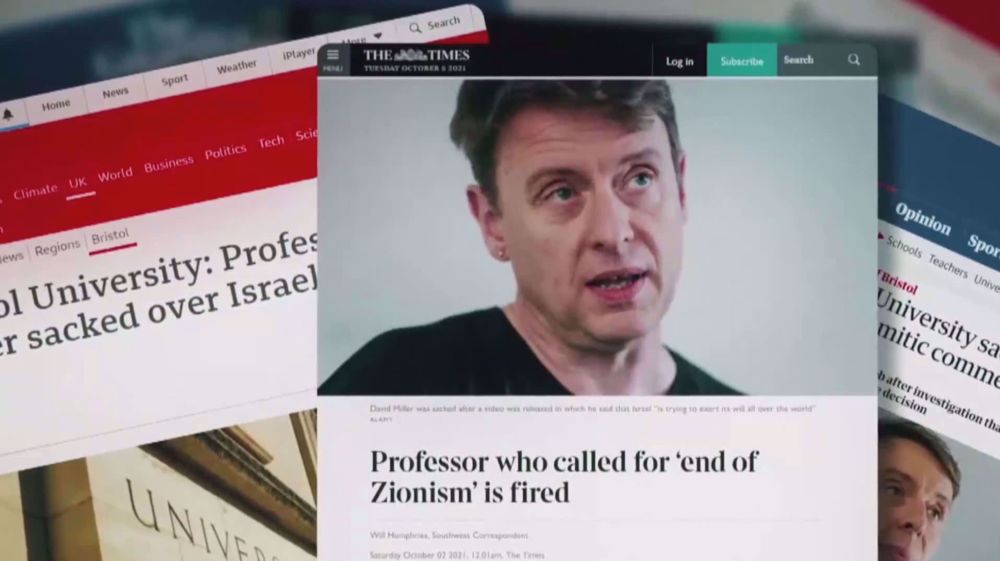

 This makes it easy to access the Press TV website
This makes it easy to access the Press TV website